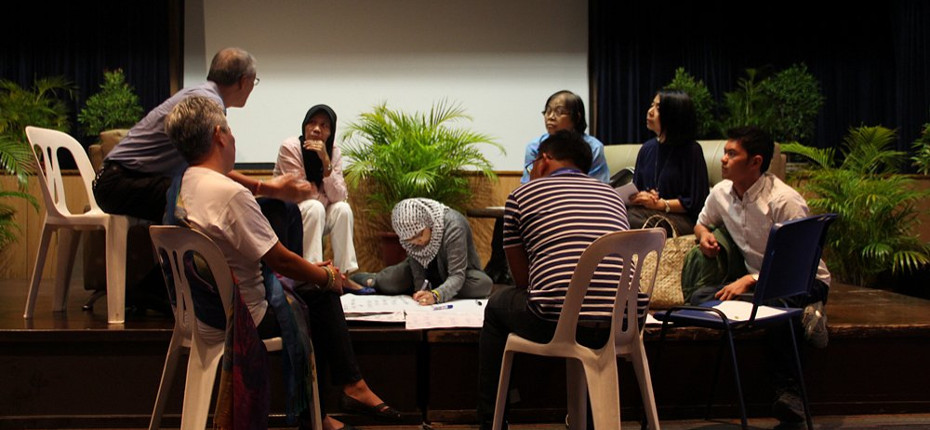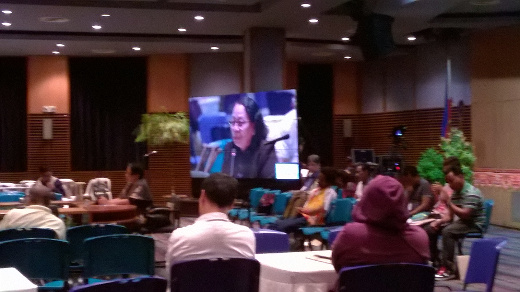
The Philippine Province’s response is the Province Roadmap, an apostolic plan to inform and guide the Jesuit ministries and communities in the country over the next five years.
“This is essentially the fruit of discernment as we have persistently asked what more the Eternal King is inviting us to do and become,” said Philippine Provincial Fr Antonio Moreno SJ in a letter to the province on May 15.
Fr Moreno said that the province hopes to apply three themes in the Philippine Province Roadmap 2016 – of new evangelisation (Evangelii Gaudium, 2013), poverty reduction and care for the earth (Laudato Si, 2015). This last theme connects with the Jesuit Conference of Asia Pacific’s apostolic preference for reconciliation with creation. The roadmap also affirms the province’s commitment to assist Timor-Leste, Cambodia and Myanmar, the mission territories of the Jesuit Conference. Filipino Jesuits have been missioned to Timor-Leste and Cambodia and Jesuit universities in the Philippines are working closely with the Jesuit institutes in Myanmar to help them serve the needs of the local communities better.
In particular, the roadmap brings attention to Mindanao, the country’s southernmost island where the Jesuits have a long history, tradition and presence. The Society was invited back to the Philippines after the restoration primarily to attend to Mindanao. Today, the Jesuits operate three universities, a diocesan seminary, a mission district (composed of parishes, schools, retreat house and IP ministry) and an environmental science institute.

One of the first initiatives is the organisation of the province’s first IP Ministry summit in July. One of the results of the summit is the formation of an IP Ministry Committee. The ad hoc committee met on October 19 to discuss the key resolutions adopted during the summit, which will be used for developing a Province IP Ministry Agenda. The focus areas include research and partnership, education, legal assistance and advocacy, and leadership, communications and student movements.
“We will strategise how the ‘centre’ (Manila) and the ‘peripheries’ in Mindanao can work together. In the same manner, our works in other areas will also contribute to our apostolic goals in Mindanao,” said Fr Moreno.
To ensure that the roadmap will be implemented, monitored and evaluated, Fr Moreno has appointed Fr Gabriel Gonzalez SJ to the new role of Province Assistant for Planning. In addition, the Commission on Ministries, chaired by Fr Robert Rivera SJ, will assist Fr Gonzalez with the operationalisation of the roadmap.
Fr Moreno has asked superiors and directors of province ministries to appoint “roadmap correspondents” to supply information for a monthly bulletin on roadmap-related updates, as well as data for monitoring and evaluation instruments. The first bulletin was released on November 10.
“The bulletin will be a crucial instrument not just for information exchange, but also for facilitating cooperation among our various works and for monitoring or evaluating our progress in implementing the roadmap,” said Fr Moreno. “The roadmap will be a living and evolving document that will guide the mission of the province. Its implementation will be guided by this spirit of openness and communal discernment every step of the way.”
Main photo: Participants of “Titayan: Bridging for Peace,” a seminar organised by the Ateneo de Davao University
Related story: Affirming engagements with Indigenous Peoples in the Philippines






